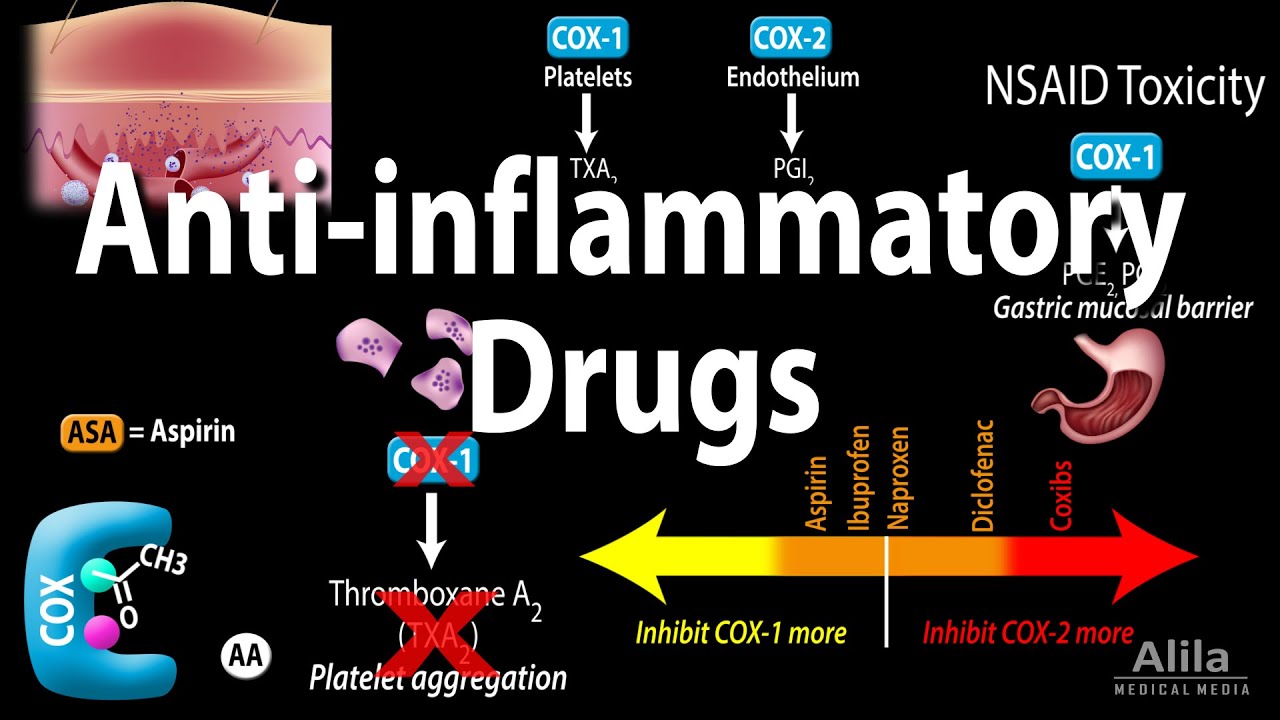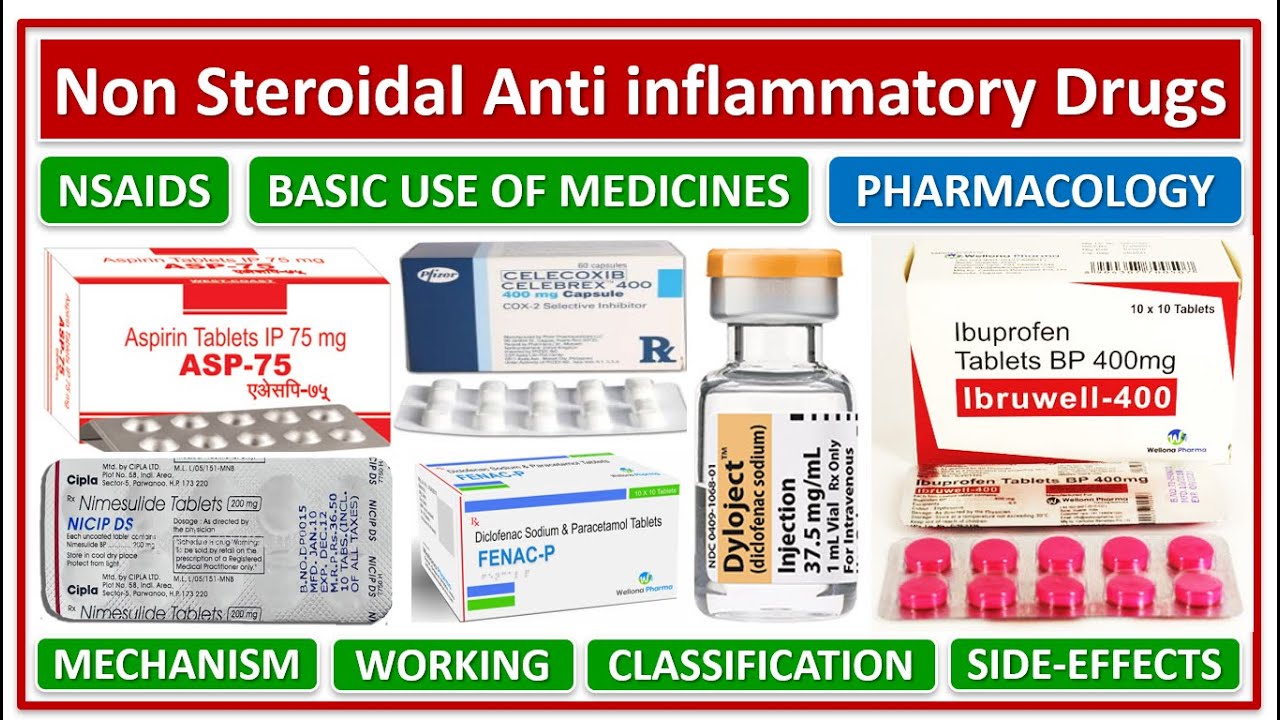The enantyum (or dexketoprofen) refers to a drug that is widely used today. A) Yes, it is included in the group of NSAIDs (non-steroidal anti-inflammatory drugs), a group of anti-inflammatory and analgesic drugs.Also, you can appear both in the form of gel as in the form of tablets and solutions that are administered orally. In the following article we will explain the characteristics and effects that this compound can develop in the patient.
Enantyum: uses and applications

Like other medicines within NSAIDs, their effect falls mainly on the reduction of inflammation and discomfort. It can also help reduce fever. However, enantyum is more effective in treating certain types of pain such as:
- The one of the articulations or arthralgia. It is applied in patients with arthritis, tendinitis, sprains, etc.
- Of the teeth or odontalgia. For example, toothache.
- Head or headache. As a general rule it is used in the treatment of mild headaches and migraines caused by muscle tension.
- Menstrual or dysmenorrhea. It occurs during the rule in women and can lead to anxiety, fatigue, nausea, abdominal pain and even fainting.
- Of the musculature or myalgia. Likewise, it can be caused by a great variety of factors: injuries or blows, overexertion, etc. They appear when the patient has bad postural hygiene or intense physical exercise.
- Of the stomach and intestines (gastralgia).
- From the back (we also include lumbar and cervical pain). They can occur due to poor ergonomics or due to some alteration in the muscles or nearby joints.
Which is stronger ibuprofen or Enantyum?
There are several reviews showing oral efficacy for dental, post-operative or chronic musculoskeletal pain similar to metamizole, diclofenac or ibuprofen.
The advantage of Enantyum is that it shows a faster speed of action.
- This study indicates that after oral surgical interventions, ibuprofen takes longer to take effect than dexketoprofen although its analgesic duration is longer (6 to 8 hours versus 5h and a half).
- At hospital level, injectable dexketoprofen is also considered a great analgesic alternative to Nolotil or Voltaren.
- In postoperative pain the onset of action is also faster and combined with opioids it allows avoiding the administration of morphine between 35 and 45%.
- In this Cochrane review it is indicated that with a single dose of dexketoprofen of 10 mg to 25 mg a high level of pain relief is obtained, between 45% and 50%, in patients with moderate to severe postoperative pain.
Mechanism of action How does dexketoprofen work?
It is an NSAID (non-steroidal anti-inflammatory drug) and as such it non-specifically inhibits the two isoenzymes of cyclooxygenase (COX-1 and COX-2). Enantyum acts by blocking pain receptors. It is the same mechanism of action as ibuprofen.
On the other hand, this drug produces a series of changes within the patient. A) Yes, is capable of nullifying or inhibiting the functions of certain enzymes responsible for synthesizing prostaglandins. This substance participates in a wide variety of activities within the body:
- Involved in inflammatory processes and the sensation of pain.
- Regulate and maintain body temperature.
- Secretion of the gastric mucosa, a layer of the inner lining of the stomach that produces mucus to protect it.
- Maintenance of blood pressure.
- Contraction of the smooth muscle, which forms the internal organs, blood vessels, etc.
Side effects

As a general rule, patients have a risk of suffering adverse or secondary effects when taking medication. Thus, the use of this chemical compound can cause in the subject:
- Nausea and vomiting.
- Dizziness and vertigo. They can also appear with a headache or headache.
- Alterations in intestinal transit such as constipation or diarrhea. Also, the person may feel gas or flatulence.
- Pain or heartburn.
- Sleep disorders.
- Dry mouth.
- Fatigue, tiredness or general weakness.
- Palpitations
- Eruptions
Despite this, many of the adverse reactions reported are minimally frequent. But nevertheless, Yes there is one of them quite common: upset stomach.
As we have said, prostaglandins participate in the protection of the stomach, so by blocking production, we reduce the protective barrier of this organ. In this way, it is exposed to the damage of external substances and ends up producing burning and discomfort.
How should it be taken?
It is up to the physician to establish the dosage on an individual basis, but in general, 25 mg tablets are usually administered every 8 hours.
Is it suitable for children?
Another difference with paracetamol and ibuprofen (that of Dalsy or Apiretal) is that there are no clinical studies of Enantyum in small children, and therefore it should not be used in children and adolescents.
When should I not take Enantyum?
Assuming that you have medical supervision, avoid taking Enantyum in these cases:
- Obviously if you have an allergy to such a compound.
- If you are allergic to acetylsalicylic acid or to another non-steroidal anti-inflammatory drug.
- If you have asthma or have had asthma attacks, acute allergic rhinitis (a short period of swelling of the lining of the nose), nasal polyps (fleshy formations inside the nose due to allergy), hives (skin rash), angioedema (swelling of the face, eyes, lips or tongue, or difficulty breathing) or wheezing in the chest after taking aspirin or other nonsteroidal anti-inflammatory drugs.
- If you have or have had in the past peptic ulcer, stomach or intestinal bleeding or have chronic digestive problems (e.g., indigestion, heartburn).
- If you have had stomach or intestinal bleeding or perforation in the past, due to previous use of non-steroidal anti-inflammatory drugs (NSAIDs) used for pain.
Contraindications and precautions
However, it is possible that the medical team does not recommend the use of this medicine in certain clinical cases. As a general rule, its use is not advised if the person:
- You are pregnant or you are in the breastfeeding phase.
- He suffers from some cardiovascular disorder.
- Suffers insufficiency or a reduction of the normal activities of the kidneys and / or the liver.
- Hypersensitivity or allergy to NSAIDs.
- Has developed gastrointestinal ulcers or has Crohn’s disease.
- He has adopted unhealthy habits such as alcoholism, smoking or the consumption of toxic substances such as drugs.
- Take regularly certain medications such as other anti-inflammatories, analgesics, etc.
Finally, remember that if you suffer from any of the symptoms mentioned above or has suffered episodes of allergy related to the intake of NSAIDs, we recommend you go to your medical team.
You should know, if you are taking NSAIDs in general and this medicine especially must use a sunscreen, since its use can produce hypersensitivity to solar radiation spots and itching appear on the skin.
In spite of this, enantyum is a safe and effective medicine. However, do not self-medicate and Always consult your doctor or pharmacist if you have any questions about its use.